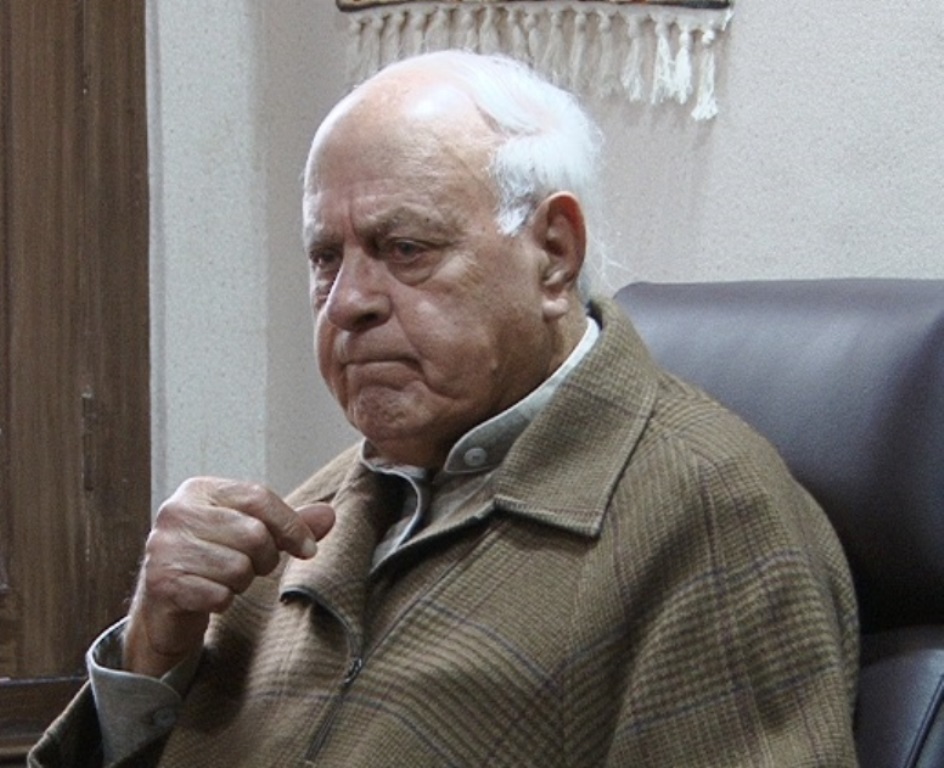SRINAGAR: In a landmark verdict, the High Court of Jammu and Kashmir and Ladakh has set a precedent, ruling that government authorities cannot dismiss an employee without recording valid reasons for bypassing a departmental inquiry. This significant legal development stems from the case of Abdul Hamid Sheikh, a police officer who faced termination without due process.
Sheikh, who served as a Personal Security Officer (PSO), was accused of having connections with militants and planning to pilfer weapons from fellow PSOs to supply them to militants. However, his dismissal in 2019 faced challenge as he contended that authorities failed to follow proper procedure, denying him a fair chance to defend himself.
The bench, comprising Justices Rajnesh Oswal and Moksha Khajuria Kazmi, emphasised the necessity for authorities to adhere to legal procedures, distinguishing between the “necessity” and “practicability” of holding an inquiry. The court underscored that authorities can only bypass an inquiry after recording valid justification for its impracticability.
In Sheikh’s case, the court observed a glaring absence of recorded satisfaction by the competent authority regarding the impracticability of an inquiry. The dismissal order lacked necessary mention of such impracticability, breaching constitutional provisions.
“The satisfaction to be recorded by the competent authority that holding of inquiry is reasonably not practicable due to some reason(s) is the constitutional obligation on the part of the competent authority before dismissing or removing or reducing the delinquent employee,” the court remarked.
Highlighting the constitutional obligation on authorities to record satisfaction regarding the impracticability of an inquiry before drastic actions, the court quashed Sheikh’s dismissal order due to procedural lapses. It directed authorities to reinstate Sheikh within three months, emphasising the importance of adhering to legal procedures in cases impacting public order and national security.
While Sheikh’s reinstatement is mandated, the court clarified that respondents are free to initiate fresh proceedings against him following proper legal procedures. This verdict underscores the protection of employees’ rights while ensuring due process and upholding the principles of justice and fairness in administrative actions.
In another ruling, a Division Bench comprising Justices Rajneesh Oswal and Moksha Khajuria Kazmi upheld the dismissal of Manzoor Ahmed Bhat, an assistant accounts officer of the Sericulture Department. The bench refused to provide any relief to Bhat, who was dismissed under 311(2)C of the Indian Constitution. Bhat was among the employees who was dismissed before Jammu and Kashmir government lost Article 370 and its status.
The appellant on August 5, 2016, was accused of anti-social and anti-national activities, pelting stones at police and CRPF personnel, resulting in injuries. He was booked under various sections of the RPC and violated conduct rules for government employees. Despite subsequent acquittal in FIR No.39 of 2016, the court upheld his dismissal under Article 311(2) of the Constitution. The court cited a similar case and emphasized that unblemished service record cannot outweigh misconduct threatening public order. The appellant’s dismissal was deemed justified, as his actions were deemed unbecoming of a government employee. The appeal was dismissed for lack of merit.















